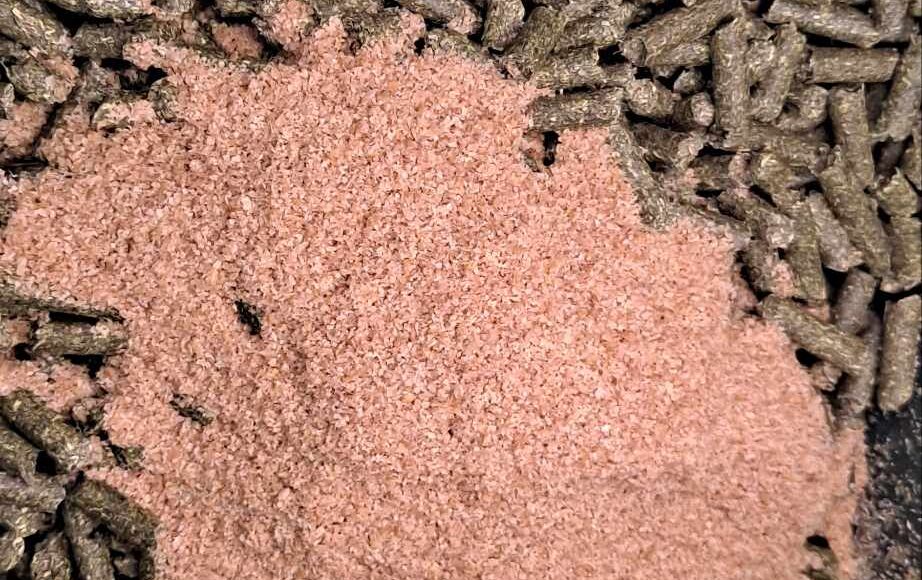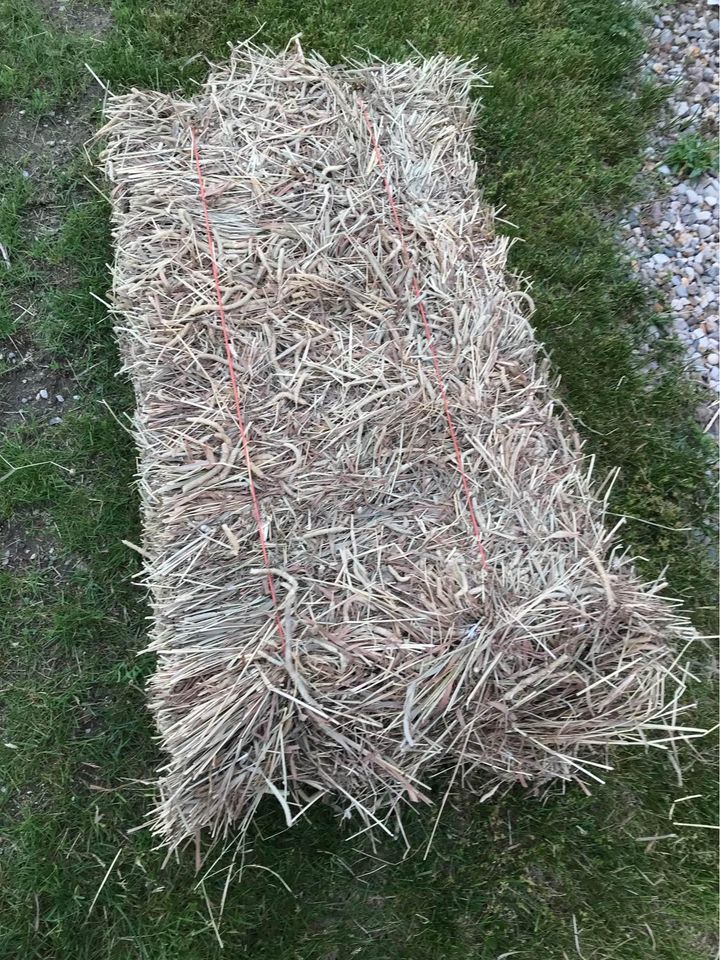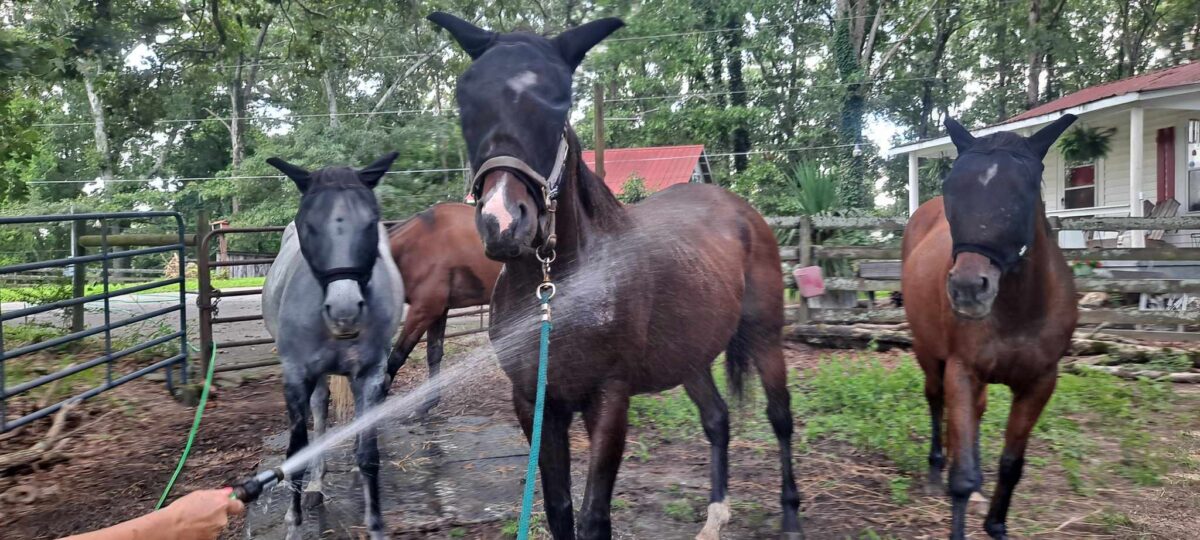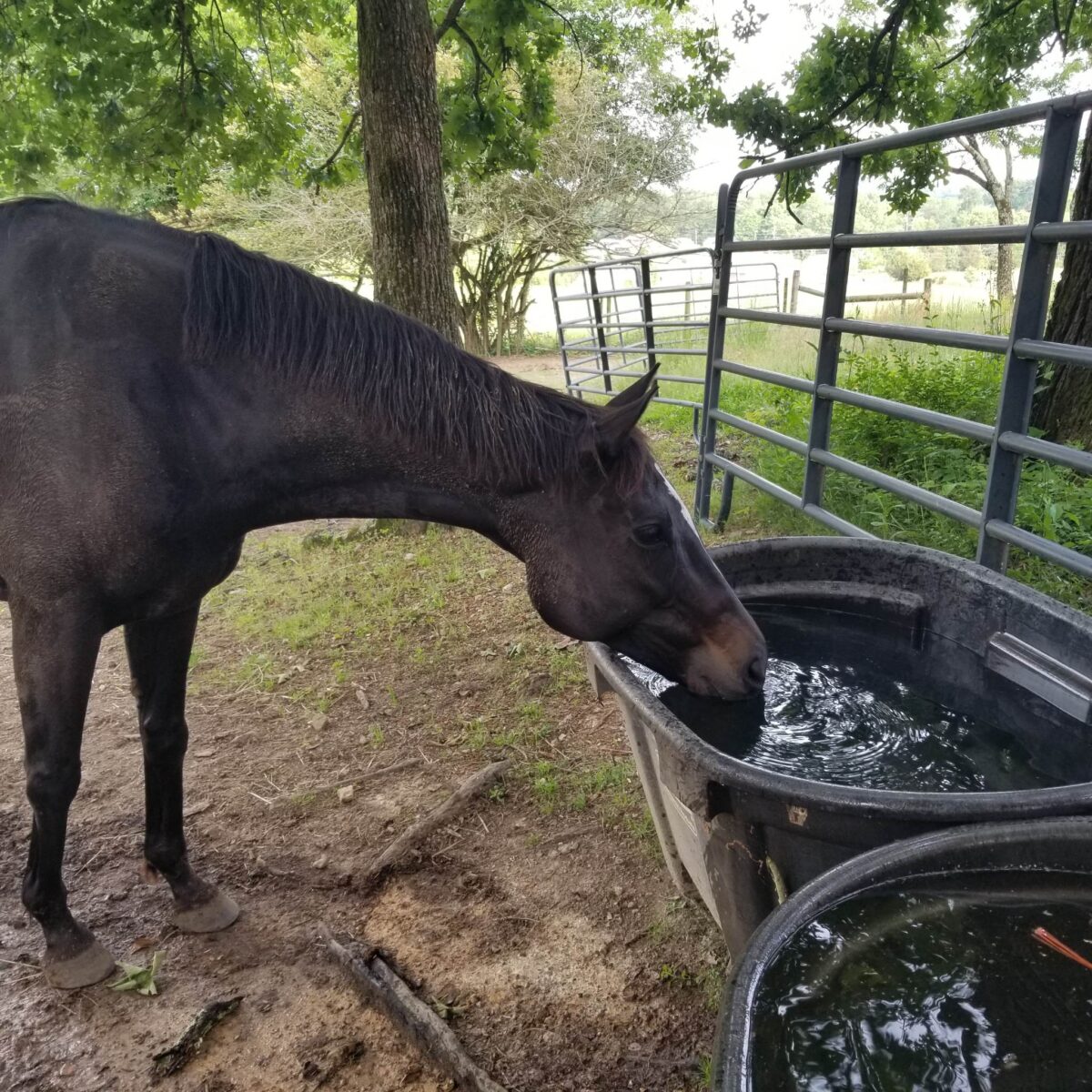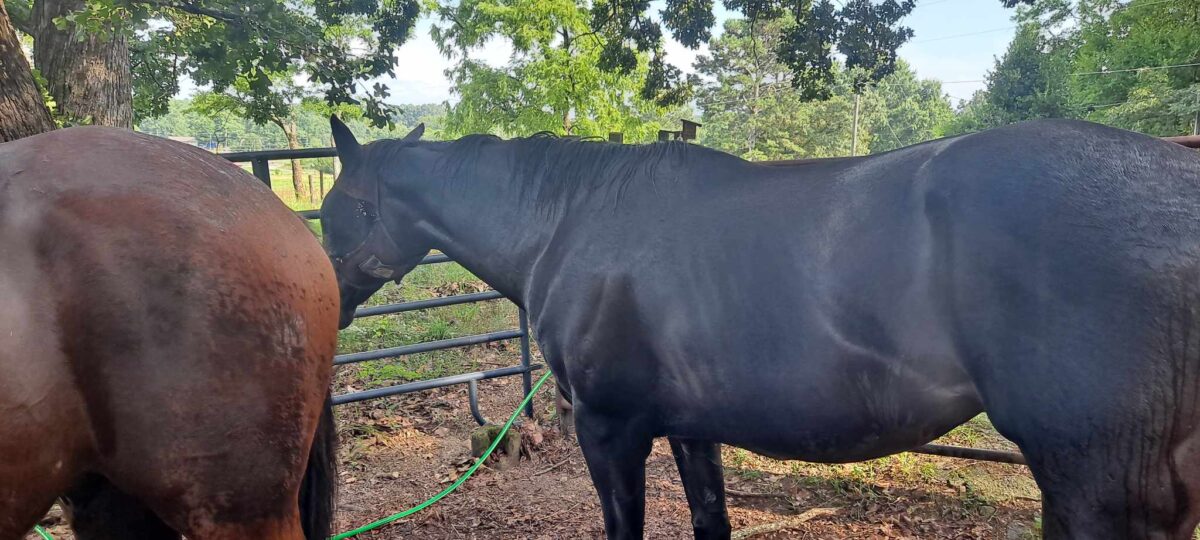Ground flaxseed, also known as linseed, is a popular supplement for horses, and it offers several benefits due to its nutritional profile. Flaxseed is a rich source of essential fatty acids, fiber, and other nutrients that can positively impact a horse’s health. Here are some of the benefits of feeding ground flax to horses:
- Omega-3 Fatty Acids: Flaxseed is one of the best plant-based sources of omega-3 fatty acids, particularly alpha-linolenic acid (ALA). Omega-3 fatty acids are essential for overall health and have anti-inflammatory properties. They can support joint health, reduce inflammation, and promote healthy skin and coat in horses.
- Improved Coat and Skin: The omega-3 fatty acids in flaxseed help nourish the skin and promote a healthy, shiny coat. Flaxseed supplementation is often recommended for horses with dry or dull coats, dandruff, or skin conditions like sweet itch.
- Joint Health: The anti-inflammatory properties of omega-3 fatty acids may help support joint health and reduce the risk of joint-related issues in horses, especially in those engaged in athletic activities.
- Weight Management: Flaxseed is relatively low in carbohydrates but high in fat and fiber, making it a beneficial supplement for horses that need to maintain or gain weight without increasing their sugar intake.
- Digestive Health: The high fiber content of flaxseed can aid in promoting healthy digestion and gut function in horses. It can help regulate bowel movements and contribute to a healthy gastrointestinal system.
- Energy Source: Flaxseed provides a good source of fat, which can be utilized as an additional energy source for horses, especially those with high energy requirements or those involved in strenuous activities.
- Immune System Support: The omega-3 fatty acids in flaxseed may have immune-modulating properties, helping to support the horse’s immune system and overall well-being.
When feeding ground flaxseed to horses, it’s essential to do so in moderation. While flaxseed is a beneficial supplement, it is high in fat and calories, so excessive consumption can lead to weight gain. The recommended daily feeding amount typically ranges from ½ to 1 cup for an average-sized horse.
Always introduce new supplements slowly into your horse’s diet and consult with an equine nutritionist or veterinarian to determine the appropriate dosage and ensure that flaxseed complements your horse’s overall diet and nutritional needs. As with any dietary change, it’s essential to monitor your horse’s response to the supplement and make adjustments as needed.

